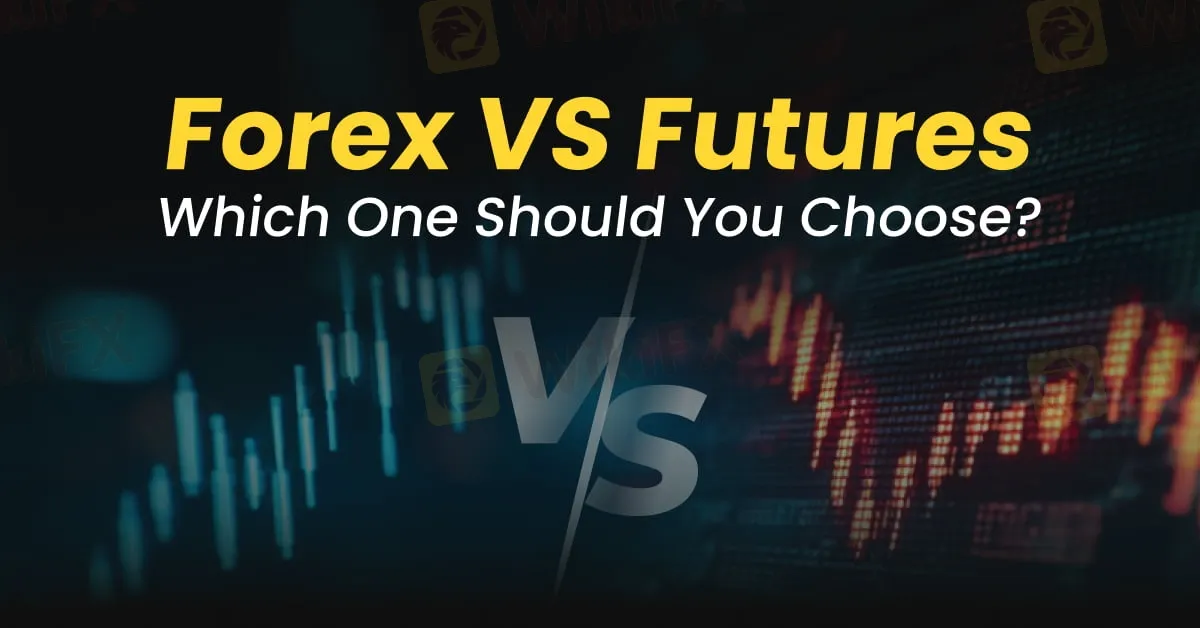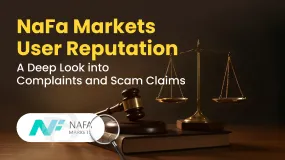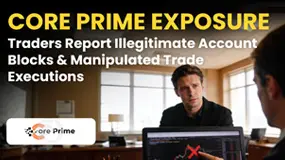Abstract:If you could only trade in one market for the next five years, would you choose forex or futures?

If you could only trade in one market for the next five years, would you choose forex or futures?
It is a question many traders face at some point in their journey. Both markets offer real potential, yet they are built on different foundations, with unique risks, opportunities, and ways of moving. Choosing between them is not always simple, and the decision often reflects more about the trader than the market itself.
In the growing world of online trading, foreign exchange (forex) and futures remain two of the most widely followed and traded markets. They attract different types of traders, each drawn by what suits their strategy, schedule, and comfort with risk.
The forex market is the largest and most liquid in the world. It operates 24 hours a day, five days a week, which gives traders access at almost any time. Currencies are traded in pairs, and the market is heavily influenced by global news and macroeconomic events. Forex is known for high leverage, allowing traders to control large positions with relatively small amounts of capital. However, that same leverage can quickly magnify losses just as it can profits.
Futures trading is based on contracts that agree to buy or sell an asset at a specific price on a future date. These contracts cover everything from commodities and energy to indices and interest rates. Unlike forex, futures are traded on centralised exchanges, offering more transparency and consistent pricing. Some traders appreciate the defined structure of this market, although trading hours are more limited and the learning curve can be just as challenging.
So, which is better in the debate of forex vs futures?

The truth is, there is no universal answer.
Futures may suit those who prefer a more structured environment with set trading hours and clear contract terms. Forex may appeal to those who value flexibility, want to trade outside of traditional hours, or follow global economic trends. In the end, it comes down to how each market fits your personality, goals, and daily routine.
But above all, success in either market depends not on which one you choose, but how you manage your risk. A good strategy, consistent discipline, and protecting your capital are what truly define long term trading performance. Without these, even the most promising market can become a costly trap.
Perhaps the real question is not about picking the right market, but about building the right mindset. One that focuses on preparation, patience, and smart decision making. Both forex and futures can offer real rewards. But both demand respect, caution, and a clear plan.
As you consider your next step, reflect on what matters most to you. How do you approach risk? What kind of structure suits your trading style? These questions may be more important than the name of the market you trade.
Let this not be the end of the conversation, but the start of one. What has shaped your trading journey? Are you still deciding between these two markets? Share your thoughts, and let‘s explore what success truly means in today’s trading world.











